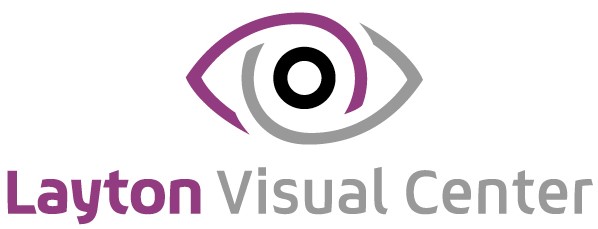
Staying hydrated plays a crucial role in maintaining the function and health of every part of your body, including your eyes. Proper fluid intake supports the natural production of tears, which lubricate the eyes and wash away dust and debris, protecting them from infection and inflammation.
To empower you to take better care of your eye health, Layton Visual Center in Layton has developed a comprehensive guide on staying hydrated. It includes increasing your daily water intake, including the best hydrating foods in your diet, and hydration benefits specific to your eye health.
The Connection Between Hydration and Eye Health
Water, including the eyes, makes up a significant portion of the human body. The eyes, much like every other organ in the body, rely on sufficient moisture to remain clear, comfortable, and healthy. Here is how hydration can impact eye health:
- Maintains Moisture Levels: Hydration helps maintain the tear film, keeping the eyes moist and comfortable.
- Supports Overall Eye Function: Sufficient water intake contributes to normal eye function, aiding with flushing out salts and proteins from the eyes, which can lead to deposits or cloudiness on the cornea if left to accumulate.
- Reduces Risk of Certain Eye Conditions: Adequate fluid intake may reduce the risk of certain eye conditions, such as glaucoma, as it is said to regulate the fluid pressure inside the eyes.
Tips to Stay Hydrated for Optimal Eye Health
You can implement many methods to ensure that you are well-hydrated this summer. Consider the following tips:
- Drink Plenty of Water: Aim for 8-10 glasses of water a day. Keep in mind that this amount can vary based on your activity level, age, and health conditions. Carry a bottle of water around to make it easier for you to reach your daily water intake.
- Incorporate Hydrating Foods: Nutritious foods like fruits and vegetables have a high water content and can contribute to your daily water intake goals. These include cucumbers, oranges, watermelon, and celery, which not only contribute to overall hydration but also provide vitamins and minerals that are good for eye health.
- Limit Dehydrating Beverages: Refrain from drinking too many dehydrating beverages like alcohol and those high in caffeine. They can contribute to dry eye syndrome or worsen existing symptoms, leading to adverse effects on eye health.
- Use Humidifiers: If you live in a dry climate or use air conditioning and heating frequently, a humidifier can make the air in your environment less dry, thus maintaining moisture in the eyes.
- Follow the "20-20-20 Rule": In today’s digital age, we spend a lot of time on digital devices. Taking frequent breaks and following the 20-20-20 rule can help rehydrate your eyes by increasing blink rates. This rule involves taking a 20-second break every 20 minutes to look at something 20 feet away.
Request An Eye Exam with Our Dry Eye Doctor in Layton
Hydration plays a significant role in maintaining eye health. You can ensure your eyes function at their best by staying adequately hydrated and getting routine eye exams at Layton Visual Center in Layton.

